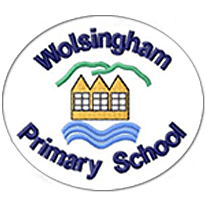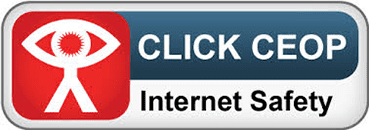In this section of the website, you will find information about our approach to teaching History at Wolsingham Primary School.
- The Intent provides information on the relevance of History at Wolsingham Primary School.
- The Implementation outlines how teachers at Wolsingham Primary School teach History across the school across all stages.
- The Impact outlines what outcomes are achieved for the children at Wolsingham Primary School.
- Subject Progression outlines the learning journey that our children take through History at Wolsingham Primary School.
- Useful Subject Information outlines any additional information about the teaching and learning of History at Wolsingham Primary School.
Intent of HistoryImplementation of HistoryImpact of HistorySubject ProgressionLong Term Plans
Intent of History
Implementation of History
Impact of History
Subject Progression
Long Term Plans



